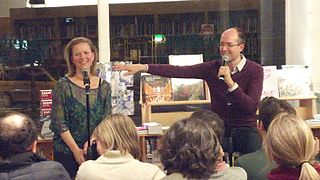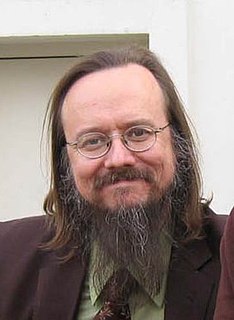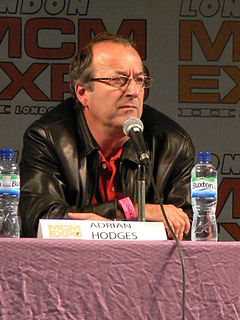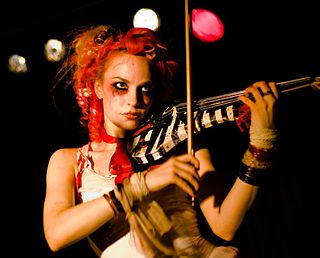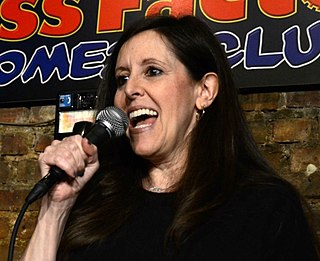A Quote by Amity Gaige
I think a writer is a describer. She describes society and human nature as she sees it. She has to be both typical of that society and alone within it.
Related Quotes
It exasperated her to think that the dungeon in which she had languished for so many unhappy years had been unlocked all the time, and that the impulses she had so carefully struggled with and stifled for the sake of keeping well with society, were precisely those by which alone she could have come into any sort of sincere human contact.
In her heart she is a mourner for those who have not survived. In her soul she is a warrior for those who are now as she was then. In her life she is both celebrant and proof of women's capacity and will to survive, to become, to act, to change self and society. And each year she is stronger and there are more of her.
There is a very broad theory that society gets the right to hang, as the individual gets the right to defend himself. Suppose she does; there are certain principles which limit this right. Society has got the murderer within four walls; he never can do any more harm. Has society any need to take that man's life to protect itself? If any society has only the right that the individual has, she has no right to inflict the penalty of death, because she can effectually restrain the individual from ever again committing his offence.
It is the masculine dynamic that has caused our society to place money and corporate profit above human beings. It has allowed the earth to be viewed only as a commodity to be exploited. The feminine perspective sees things differently. She sees the earth and all its inhabitants as entities to be revered and cared for. She sees individual human beings as more important than the relentless advance of capitalism and competition. It is my hope, perhaps indirectly expressed in my work, that the divine feminine is reawakening.
I think there's an element in Milady where she sees her own innocence in D'Artagnan. In the very beginning, she's using him in a pretty cynical way. When she gets to know him, she sees qualities in him that she recognizes and it's almost like trying to remake the past, but of course, it doesn't work.
Cleave ever to the sunnier side of doubt, And cling to faith beyond the forms of faith; She reels not at the storm of warring words; She brightens at the clash of "Yes" and "No"; She sees the best that glimmers through the worst; She feels the sun is hid for the night; She spies the summer through the winter bud; She tastes the fruit before the blossom falls; She hears the lark within the songless egg; She finds the fountain where they wailed "Mirage!"
Studies show: Intelligent girls are more depressed Because they know What the world is really like Don't think for a beat it makes it better When you sit her down and tell her Everything gonna be all right She knows in society she either is A devil or an angel with no in between She speaks in the third person So she can forget that she's me
She is sitting on frozen ground wrapped in a blanket, her pale skin shining. She smiles and she stands and without words, she steps forward, opens the blanket, envelops me within it and within her and within myself. She kisses my cheek, the one not torn, she wraps me and she holds me. Her arms are thin but strong. She whispers in my ear, "I'm glad you're here.
I think it is our job as poets to refuse the terms that society so often sets for usefulness. That, for instance, is what Dickinson did: she refused to be a wife, a homemaker, a standard member of her community. She knew she had to in order to have the space and time to write her poems. Thank god she said no!
I think there have always been funny women, from Carol Burnett to Joan Rivers. When the audience sees a woman, they innately know she's worked twice as hard to get there, she's had to prove that she can be the leader, first, and then be funny on top of it. She has to emit a confidence that she's in control.
